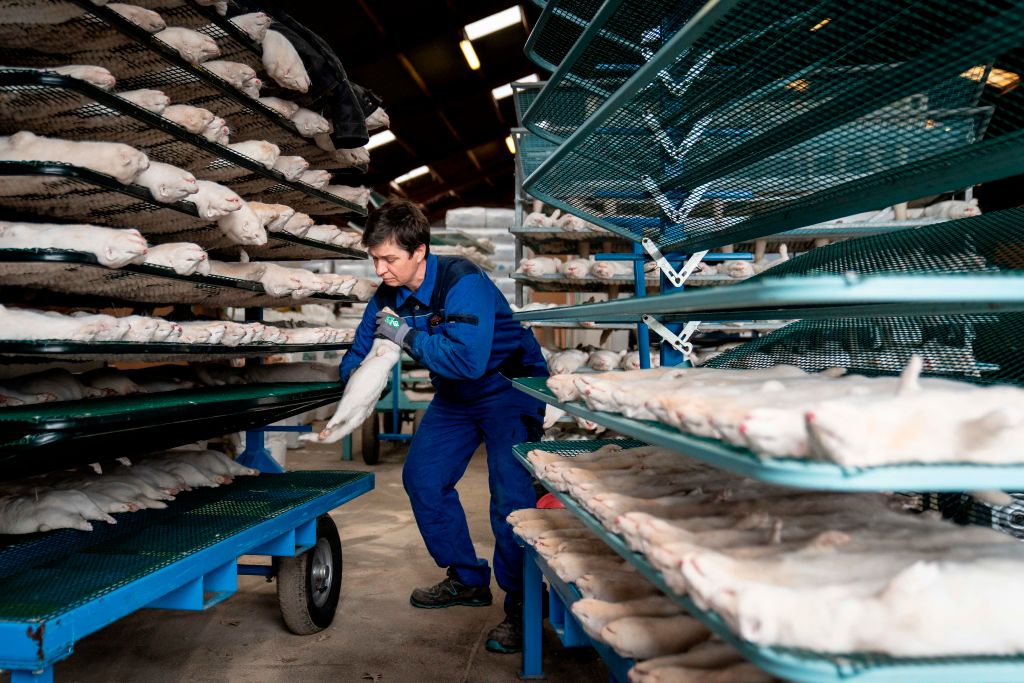How worried should we be about a mutant strain of Coronavirus found in Denmark’s mink farms? The virus was found on its farms in June, and it emerged a few days ago that a dozen people had been infected with a strain of Covid called ‘Cluster 5’. This has raised the prospect of a new, more virulent vaccine-proof strain: a prospect dismissed in some places but being taken very seriously in 10 Downing St. So seriously that Britain has just become the only country in the world to close its borders to anyone from Denmark.
Francois Balloux, a professor of genetics at University College London has downplayed it as a story “making the rounds on Twitter.” We already know that humans can catch the coronavirus from minks, he says, as from a great many other animals. And there been thousands of mutations in the virus. “The fact that a few have been observed in minks will not change the strains that are in circulation in humans. If they were beneficial for the virus to infect its human host, they would be at high frequency already.” The Danish government is worried enough to cull all 17 million of its minks (as the Spanish did with 70,000 minks back in June). But reports in today’s Danish press say not a single new case has been found since September and that it is “overwhelmingly likely that the mutation that will lead to the killing of millions of mink and billion-dollar losses is already extinct.” (Denmark has a 40pc share of the world’s mink industry, shipping furs to China.)
But Britain has come down on Denmark harder than anyone, with a 2am travel ban announcement and implementation at 4am. “All non-British national or resident travellers who have been in or transited through Denmark in the last 14 days will be denied entry by Border Force upon arrival,” said Grant Shapps, the Transport Secretary, on Twitter. This is tricky to police, given how frequently people travel from Denmark to neighbouring countries – but it also suggests the UK government think there is more to the Danish mink story. As of this morning, Sweden is considering a mink cull but no travel ban. The Friedrich Loeffler Institute has said this has zero consequences for Germany because there are no mink farms. It’s unclear if we have different information about contagion of Cluster 5 from the Danish, or are just more sensitive than other countries about threats to vaccine. We’ll keep you posted.







Comments